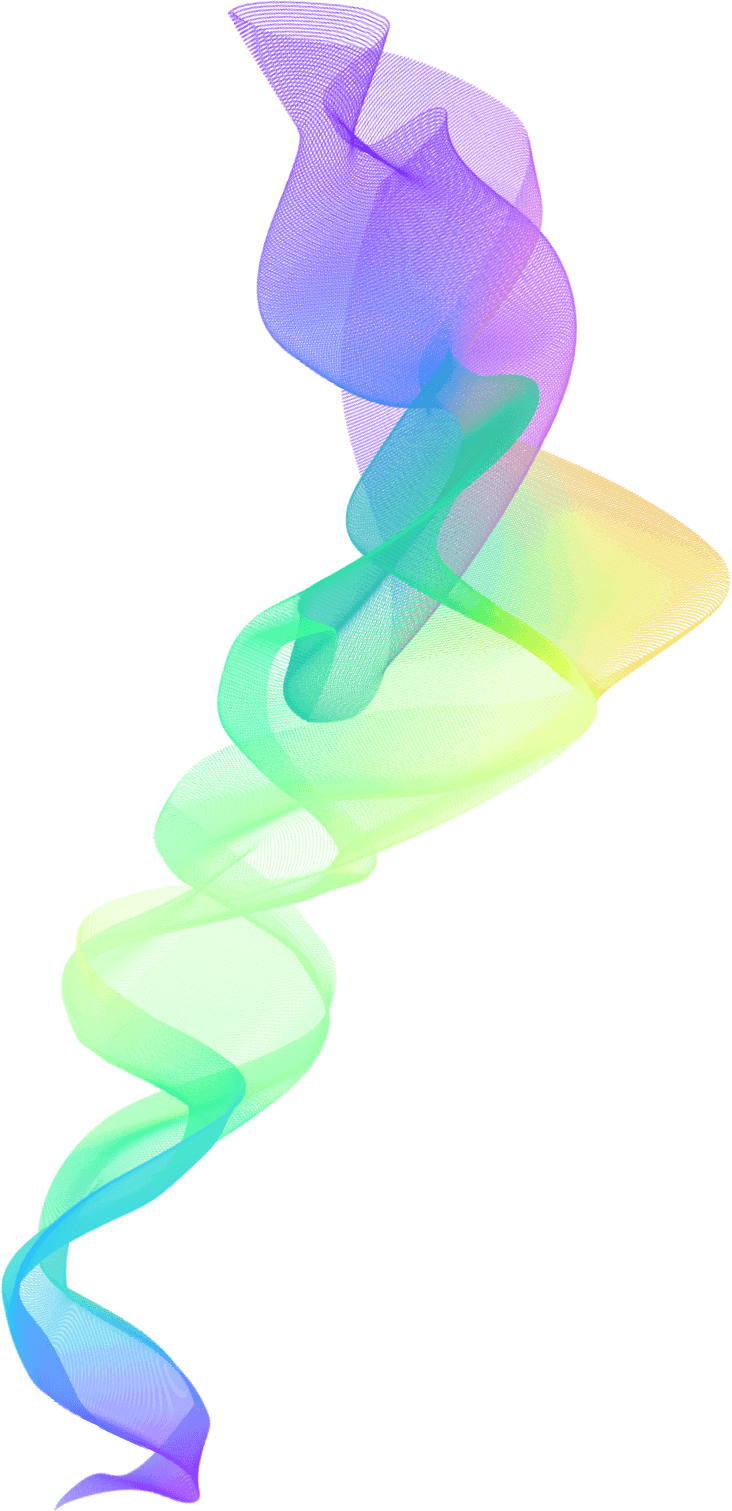This page is best viewed on a larger screen.
About the workshop
This is the first of three (in-person) workshops that are part of the Mystical Entropy project funded by the Templeton Foundation and hosted at Leiden University. Motivated by recent results from the science of psychedelics and meditation, the project seeks to develop a mathematical theory of mystical experiences using the information-theoretic concept of entropy.
In this first workshop, we will explore how entropy-like notions figure in the world's various mystical, religious, and spiritual traditions. To illustate, the notion of shoshin — often translated as "beginner's mind" — features prominently in Zen Buddhism, and the process of cultivating it can be understood in terms of the maximisation of entropy. See the bottom of this page for some more examples.
If you would like to participate in the workshop, please complete the application form. The number of available registrations is limited and the due date for applications is August 20, 2023 (at midnight).
Workshop date and location (not online):
12-14 October, 2023
Leiden University, the Netherlands
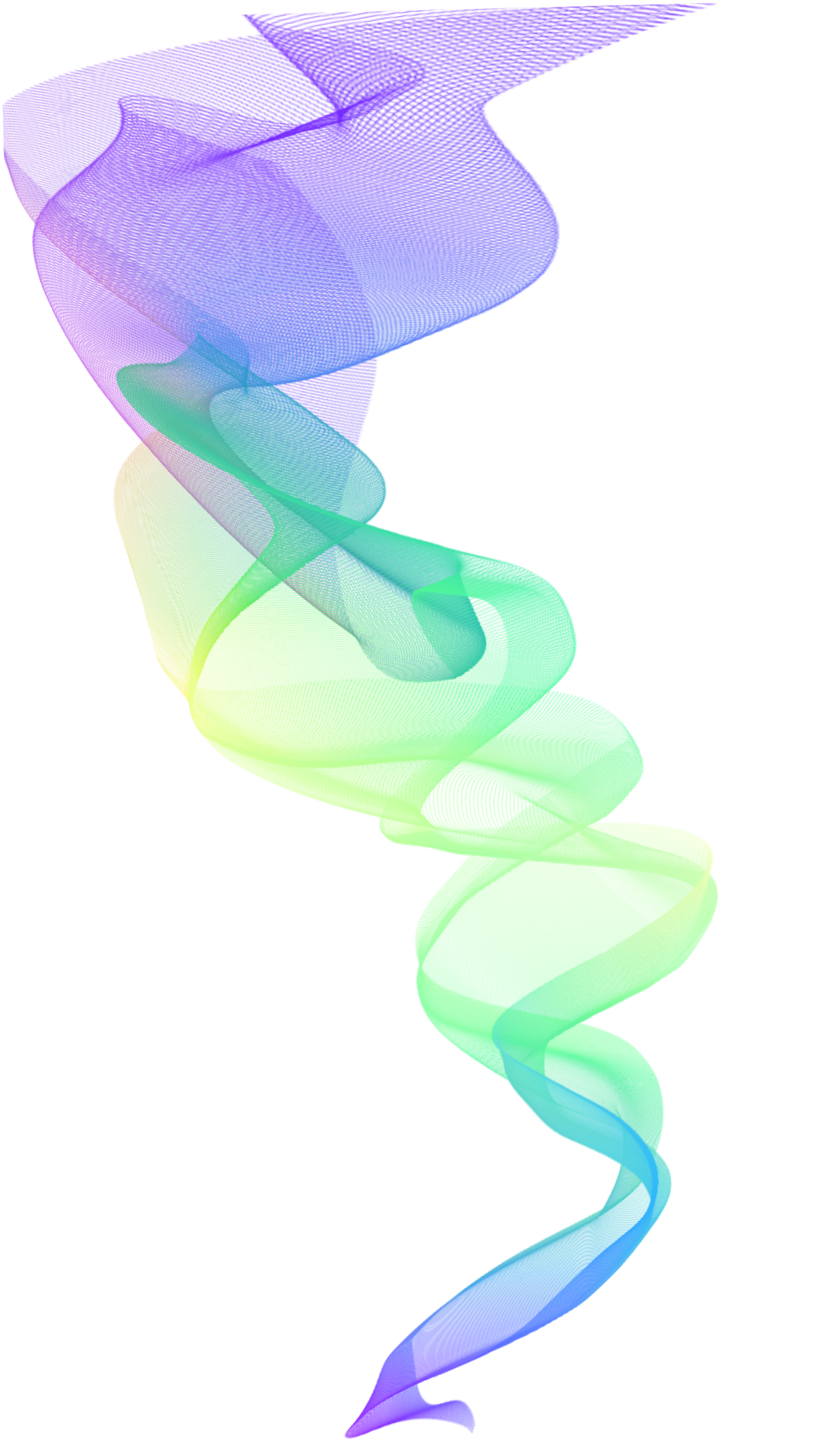
Organisations
The Mystical Entropy project is hosted at Leiden University (in the Netherlands) and situated within the Cognitive Psychology Unit of the Faculty of Social Sciences.
The project is currently funded by the John Templeton Foundation under the Philosophy and Theology stream.


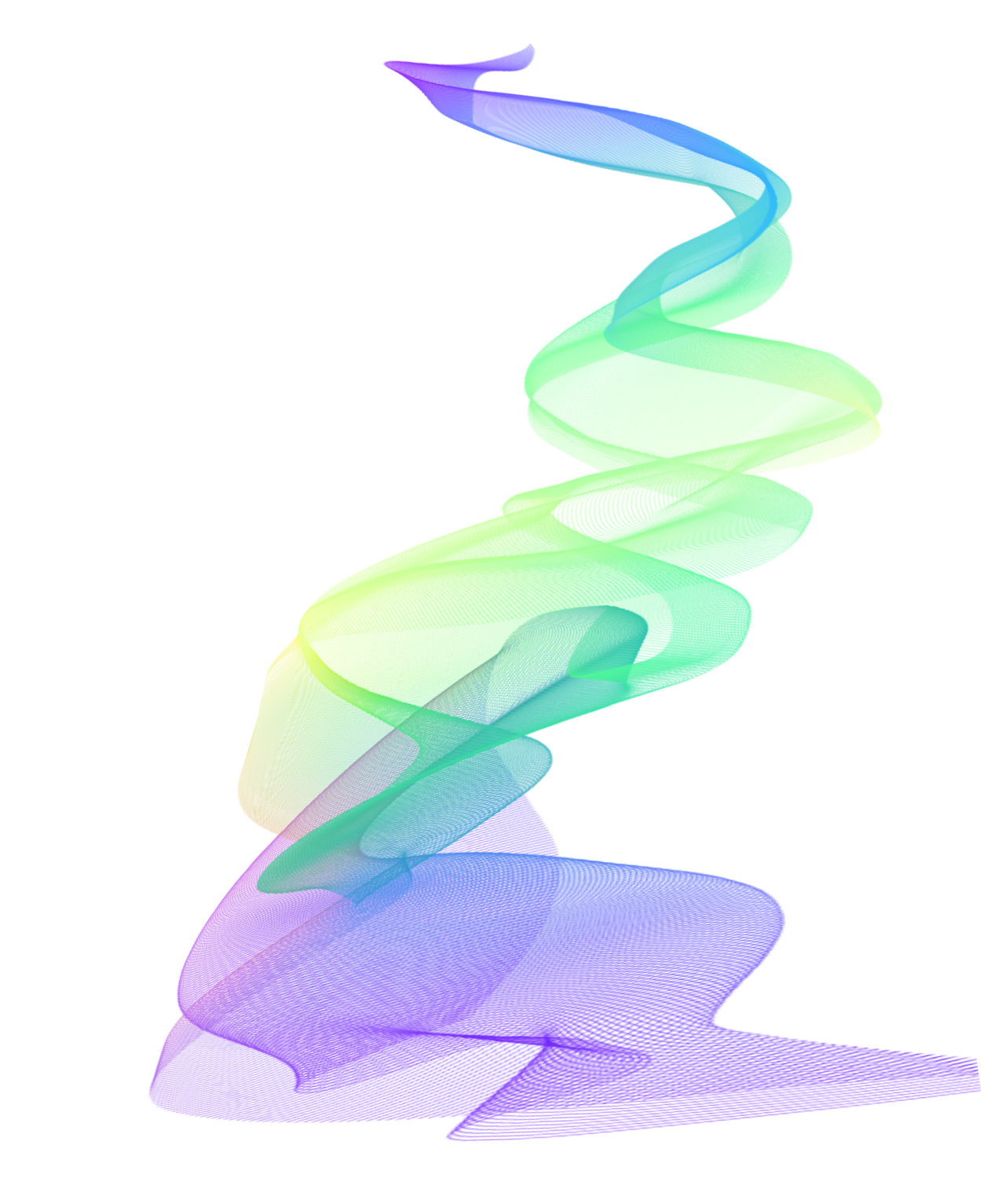
Project leaders

Aidan Lyon
Aidan Lyon is a research philosopher at Leiden University and the lead Project Investigator for the Mystical Entropy project. Trained in mathematics and analytic philosophy, his research is at the intersection of philosophy and psychology and focuses on wisdom, uncertainty, psychedelics, meditation, and yoga.

Michiel van Elk
Michiel van Elk is an associate professor at Leiden University in the Cognitive Psychology Unit and Director of the PRSM Lab. His research interests are in the fields of psychology, philosophy, and neuroscience, and he has conducted pioneering work on psychedelics, altered states of consciousness, feelings of awe, the evolution of religion, and mystical experiences.
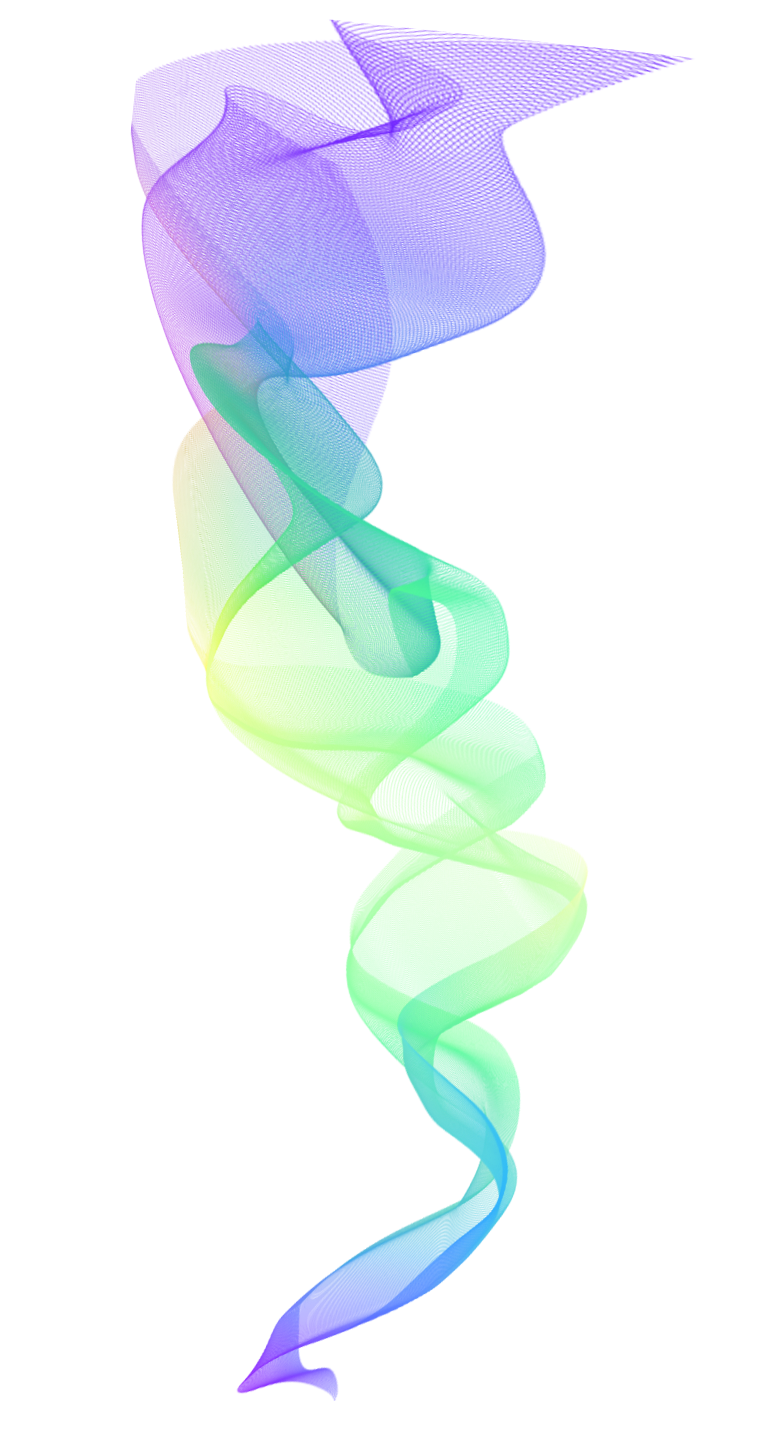
About the Mystical Entropy project
The Mystical Entropy project seeks to develop a new theoretical framework for the scientific study of mystical experiences and spiritual practices.
A central hypothesis of the project is that the information-theoretic concept of entropy can provide a crucial bridge between the scientific investigation of mystical experiences and the philosophical accounts of them that we find in the world's wisdom traditions.
This hypothesis has two key motivations. First, there are now several studies indicating that the brain's entropy increases in response to the ingestion of psychedelics and the practice of meditation — and both of these interventions are known to evoke mystical experiences. Second, when we look at the world's wisdom traditions, we find various practices that can be construed as increasing the mind's entropy. Putting these two motivations together, we believe the concept of entropy provides a valuable point of contact between the world's wisdom traditions and the science of their practices.
Using the methods of analytic philosophy, the project addresses conceptual issues in the science of psychedelics and meditation and seeks to explicate key ideas of the wisdom traditions using the concept of entropy.


The PRSM Lab
The PRSM lab is located at Leiden University, the Netherland, and consists of an interdisciplinary research group on Psychedelic, Religious, Spiritual, and Mystical experiences. The research includes lab-based, field, and online studies, as well as more conceptual projects. We implement a variety of methods and theoretical perspectives, with a strong commitment to open science practices.
Psychedelic
Religious
Spiritual
Mystical
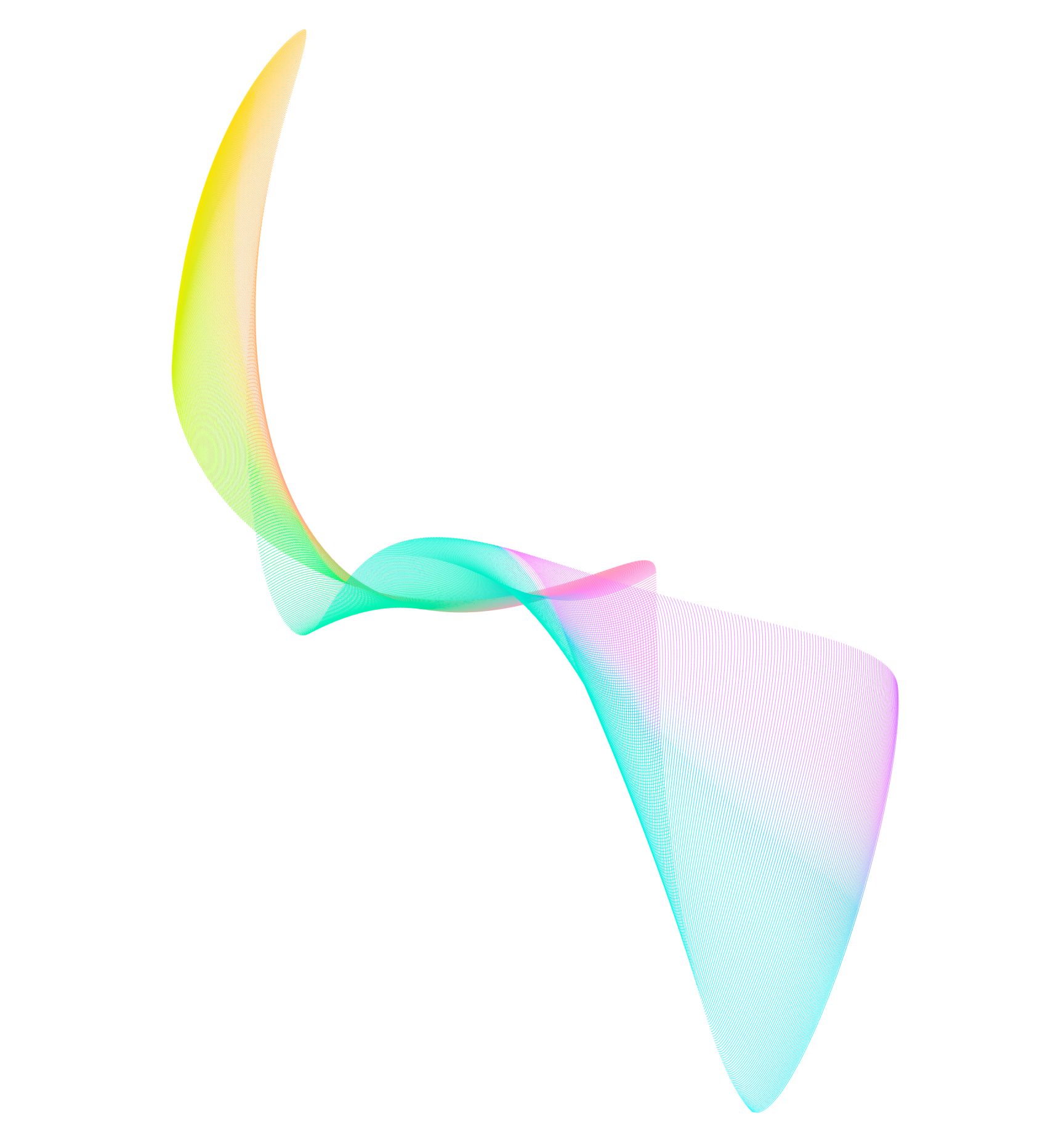
Advisory board
Asterisks indicate which project advisors are attending the first workshop. (A full list of participants will be released in due course.)
Michael Rea* (University of Notre Dame)
Michael Rea is Rev. John A. O’Brien Professor of Philosophy, Concurrent Faculty in the Gender Studies Program, and Director of the Center for Philosophy of Religion at the University of Notre Dame, where he has taught since 2001. His research focuses primarily on topics in philosophy of religion, analytic theology, metaphysics, and feminist philosophy.
Marieke van Vug* (University of Groningen)
Marieke van Vugt is an assistant professor in the cognitive modeling group at the University of Groningen. Her research aims to understand how, when and why we start mind-wandering; when it is beneficial and when it is harmful. In addition, she is interested in how meditation practice affects our cognitive system, and the consequences this has for our behaviour.
Swami Medhananda* (UCLA and University of Southern California)
Swami Medhananda is a monk of the Ramakrishna Order and an academic philosopher, currently serving as Senior Research Fellow in Philosophy at the Vedanta Society of Southern California in Hollywood. He is also the Hindu Chaplain at both UCLA and the University of Southern California. His current research focuses on global philosophy of religion, cosmopsychism, religious epistemology, Indian scriptural hermeneutics, and Vedāntic philosophical traditions, especially the philosophies of Sri Ramakrishna, Swami Vivekananda, and Sri Aurobindo.
Ted Slingerland (University of British Columbia)
Edward Slingerland is a Sinologist and Distinguished University Scholar and Professor of Philosophy at the University of British Columbia. His research goals involve exploring the potential of novel digital humanities techniques, introducing more psychological realism and evolutionary perspectives to cultural studies and philosophy, and getting scientists to understand the importance and value of humanistic expertise.
Mehdi Aminrazavi* (University of Mary Washington)
Mehdi Aminrazavi is an Iranian scholar of philosophy and mysticism. He is the Kurt Leidecker Chair in Asian Studies and a professor of philosophy and religion as well as director of the Center for Middle Eastern Studies Program at the University of Mary Washington.
John Vervaeke* (University of Toronto)
John Vervaeke is a professor of psychology at the University of Toronto. He currently teaches courses on thinking and reasoning with an emphasis on cognitive development, intelligence, rationality, mindfulness, and the psychology of wisdom.
Stephen Hartmann (Ludwig Maximilian University of Munich)
Stephan Hartmann is Professor of Philosophy of Science in the Faculty of Philosophy, Philosophy of Science and the Study of Religion at LMU Munich, Alexander von Humboldt Professor, and Co-Director of the Munich Center for Mathematical Philosophy (MCMP). His primary research and teaching areas are philosophy of science, philosophy of physics, formal epistemology, social epistemology and (Bayesian) cognitive science.
Katrin Preller (Yale / University of Zurich)
Katrin Preller is Senior Researcher, Psychologist, and Neuroscientist at Yale University / University of Zurich. Her research focus is centred on the neurobiology and pharmacology of cognitive and emotional processes in health and disease using multi-modal behavioural, electrophysiological and neuroimaging techniques, the development of novel treatment approaches, and the interaction between pharmacological and non-pharmacological treatments.
Robin Carhart-Harris (University of California, San Francisco)
Robin Carhart-Harris is the Ralph Metzner Distinguished Professor in Neurology and Psychiatry and Director Neuroscape’s Psychedelics Division at the University of California, San Francisco. He has designed human brain imaging studies with LSD, psilocybin, MDMA, DMT and 5-MeO-DMT and pioneered clinical trials of psilocybin therapy for severe mental illnesses.
Thomas Metzinger (Johannes Gutenberg University of Mainz)
Thomas Metzinger is full professor and director of the theoretical philosophy group and the research group on neuroethics/neurophilosophy at the department of philosophy, Johannes Gutenberg University of Mainz. His research centers on analytic philosophy of mind, applied ethics, philosophy of cognitive science, and philosophy of mind.
Anil Seth (University of Sussex)
Anil Seth is Professor of Cognitive and Computational Neuroscience at the University of Sussex and Co-Director of the Sackler Centre for Consciousness Science. His mission is to advance the science of consciousness, and to use its insights for the benefit of society, technology, and medicine.
David Yaden (Johns Hopkins)
David Bryce Yaden, PhD is an Assistant Professor at Johns Hopkins University School of Medicine working in The Center for Psychedelic and Consciousness Research. His research focus is on the psychology, cognitive neuroscience, and psychopharmacology of spiritual, self-transcendent, and positively transformative experiences triggered with psychedelic substances and through other means.
Sam S.B. Shonkoff* (Graduate Theological Union)
Sam Shonkoff is the Taube Family Assistant Professor of Jewish Studies at the Graduate Theological Union, where he teaches on Jewish religious thought as well as methods in the study of religion. His scholarship focuses primarily on German-Jewish and Hasidic theologies, as well as appropriations of Hasidic spirituality in relatively secular spheres.
Tanya Luhrmann (Stanford)
Tanya Marie Luhrmann is the Albert Ray Lang Professor of Anthropology at Stanford University, with a courtesy appointment in Psychology. Her work focuses on the edge of experience: on voices, visions, the world of the supernatural and the world of psychosis. She uses a combination of ethnographic and experimental methods to understand the phenomenology of unusual sensory experiences, the way they are shaped by ideas about minds and persons, and what we can learn from this social shaping that can help us to help those whose voices are distressing.

Uniting Science and Mysticism
— with Philosophy
Of all disciplines, philosophy is uniquely placed to bridge the apparent divide between science and mysticism.
Science was born from philosophy, with psychology and philosophy diverging as recently as the 1900s. Philosophy continues to play an important role in science, especially when the latter encounters deep conceptual problems.
All of the world's mystical traditions have a philosophical system of some sort or other. (They also emphasise the importance of eventually going beyond philosophy –– into the ineffable.)
Able to speak the language of both world views, modern philosophy can provide a common meeting ground for science and mysticism.
— Bertrand Russell
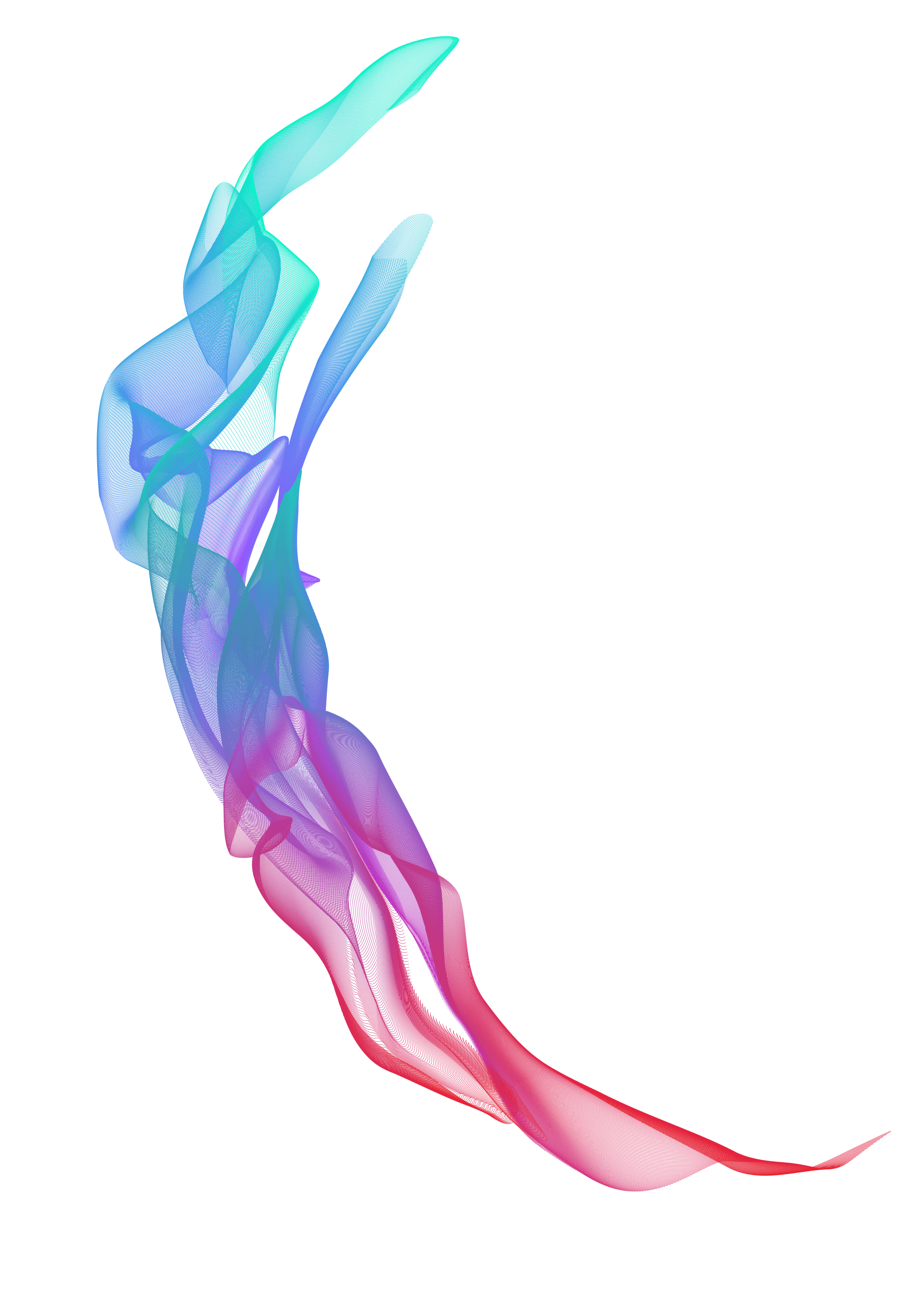
Using Open Space Technology
Open Space Technology (OST) is a method for running large group meetings or events around a central topic where participants create the agenda themselves. Unlike traditional workshops, which meticulously schedule speakers months in advance, OST embraces spontaneity by gathering participants on site and inviting them to actively contribute to the agenda formation process.
The OST approach dismantles conventional hierarchies and structures typically encountered in group settings, fostering an environment that encourages the emergence of grassroot initiatives. It promotes a deeply participatory, inclusive, and collaborative atmosphere, where participants engage in active dialogue, leveraging their diverse perspectives and expertise.
All of the workshop events will be held in-person (not online), using the OST method.
Form and Content as One
Many mystical practices are about relaxing the usual top-down constraints that determine how we experience and relate to the world. By using Open Space Technology for our workshops, we similarly relax the usual top-down constraints that determine the flow of a workshop.
Mystical Entropy: Examples
When we examine the various practices and experiences of the mystical traditions, we find numerous connections with entropy. Below are some examples — there are many more!

Psychedelics

Vipassana

Shoshin

Kundalini

Zhuangzi
Psychedelics
When used responsibly, psychedelics can have profound benefits for human consciousness and well-being.
Studies indicate that these benefits stem from the capacity for psychedelics to increase the entropy of the brain's spontaneous neural activity.
This temporary increase in entropy helps liberate the brain from undesirable patterns of activity, resulting in enhanced brain functionality characterised by heightened complexity and adaptability of its neural dynamics.
This transformative effect appears to underlie the reported improvements in mindfulness and overall well-being following psychedelic experiences.

Vipassana
When practiced carefully and systematically, vipassana practices can enhance one's mindfulness over time.
Through these practices, one learns how to decouple thoughts and sensations from each other, creating a more flexible and entropic mind.
As a result, one's consciousness becomes clearer and more spacious.
Recent neuroimaging evidence also indicates that vipassana practices increase the brain's entropy.
Thus, we find a convergence between a more entropic mind and a more entropic brain.

Shoshin
The idea of shoshin is central to Zen Buddhism and commonly known as "beginner's mind".
Through the cultivation of shoshin, one develops a mental state that is more open to experience and less overconfident than usual.
According to the Zen master, Shunryū Suzuki "in the beginner's mind there are many possibilities, but in the expert's mind there are few".
In information theory, entropy is a measure of uncertainty. Thus, we can model the cultivation of shoshin using the entropy of the probability functions associated with one's belief systems.

Kundalini
According to tantric yoga, there is a layer of reality behind, but also in connection with, the physical body. This is where prāna — or subtle energy — exists.
Just as the brain and mind can get stuck in variety of ways, the flow of prāna can also become overly rigid.
Yogic practices such as asana, pranayama, and pratyahara help release prāna and allow it to flow more freely throughout the subtle body. Ultimately, this may lead to the rising of Kundalini.
We can understand these practices as increasing the entropy associated with prāna. Thus, we find an intimate connection between subtle energy and entropy — similar to the connection we find in physics.

Zhuangzi
The Zhuanzgi is a foundational text of Daoism. A prominent theme in Daoism is our inability to appreciate the deep uncertainty associated with our existence — and our stubborn intolerance of this uncertainty.
A famous illustration in the Zhuanzgi of this is that of the philosopher Chunag Tzu who, having woken from a dream in which he was a butterfly, found himself wondering if he was really a butterfly dreaming that he is a philosopher.
Contemplating such notions can help release us from the implicit assumptions we make about reality and open us to the true nature of our uncertainty — thereby increasing the entropy associated with our belief systems.

Why entropy?
Increasing entropy is a means to an end: freedom.
The human mind is a complex and highly adapatable predictive system. However, because of its sophistication, the human mind also has a tendency to overfit its environment, causing it to get stuck in overly simple and maladative patterns.
To break free from this kind of stagnation, it can help to have some chaos injected into the system. By increasing in entropy, the human mind is able to expand in complexity, thereby enhancing its responsiveness to the environment and ultimately gaining greater freedom.
Apply
We welcome applications from all backgrounds — including (but not limited to) academics, professionals, and spiritual practitioners. Please be sure to include in your proposal details about why you would like to participate and what you think you could contribute to the workshop.
The registration fees are flexible to accommodate people coming from different circumstances:
- Student — €200.00
- Academic — €500.00
- Professional — €1,200.00
- Benefactor — please specify in your proposal
If you feel that the above categories do not apply or would otherwise prevent you from attending the workshop, please select the "Other" option in the form below and let us know the details. In some cases, we will be able to provide subsidies. The registration fee includes lunch and dinner for each day, as well as participation in all of the workshop activities.
We will select participants taking into account the following criteria: diversity (including but not limited to gender, culture, and spiritual background), track record (academic and/or professional), and motivation of proposal and potential contribution to the workshop.
The number of available registrations is limited and the due date for applications is August 20, 2023 (at midnight). If you have any questions, please feel free to reach out to us at contact@aidanlyon.com.
